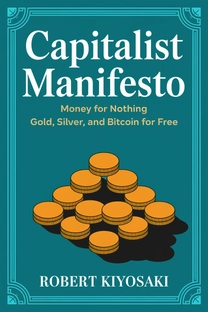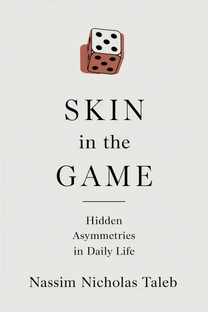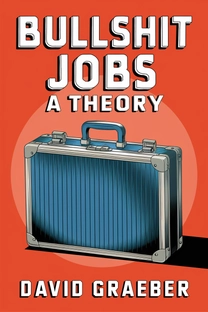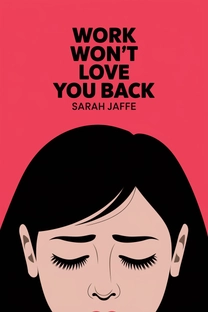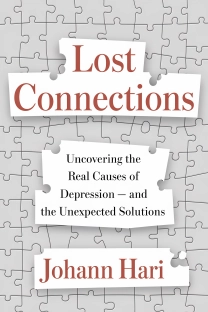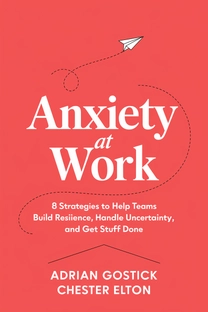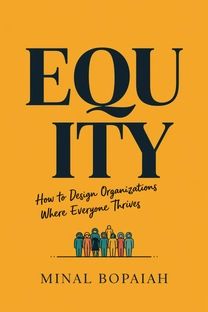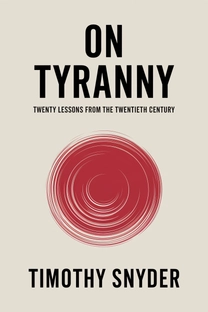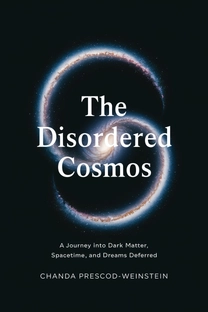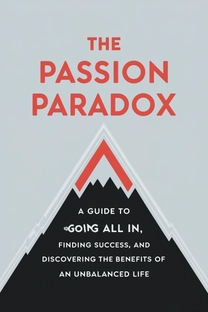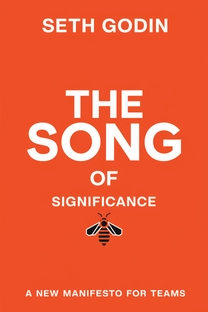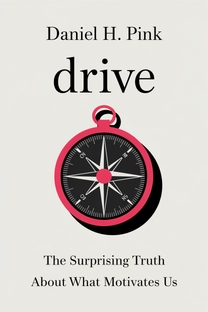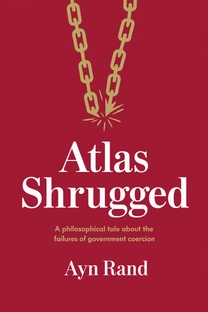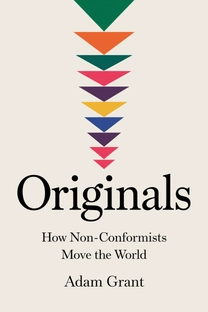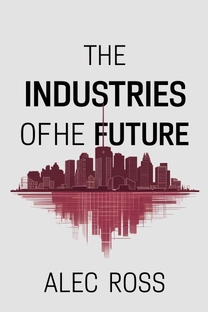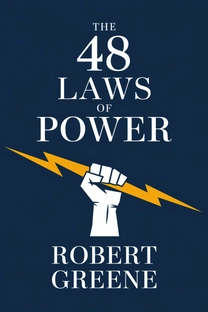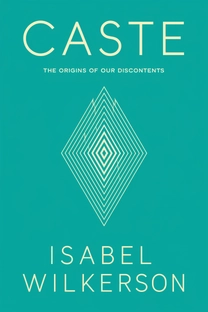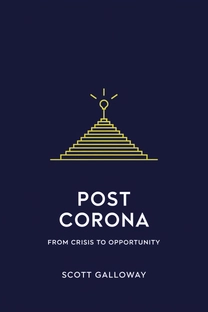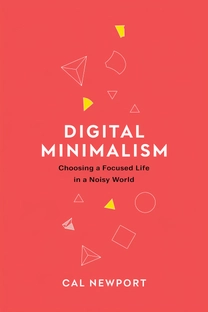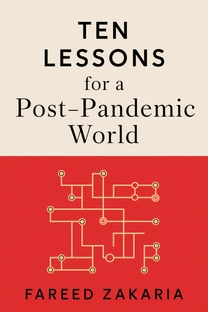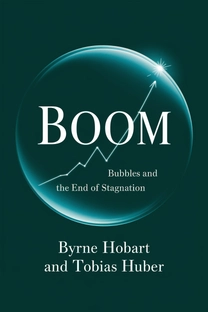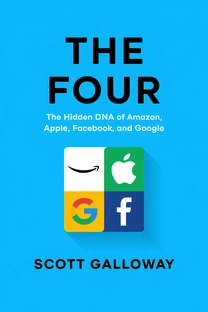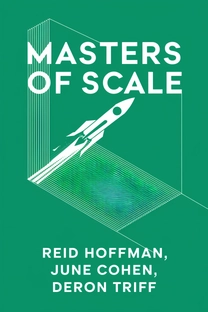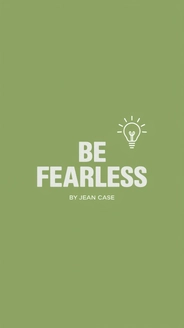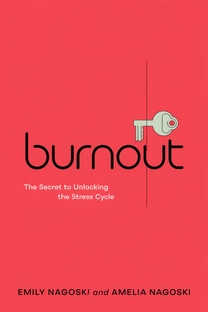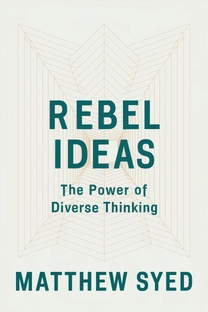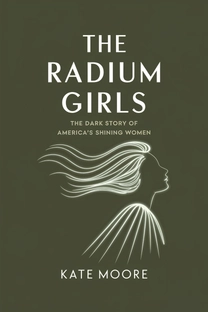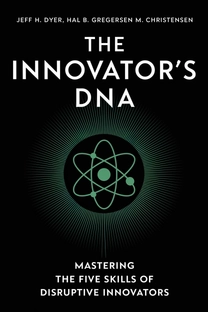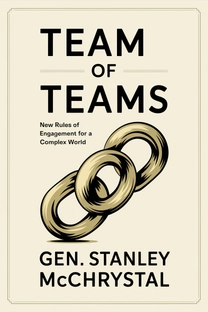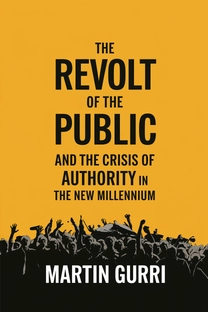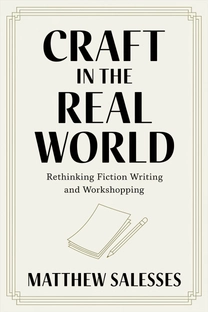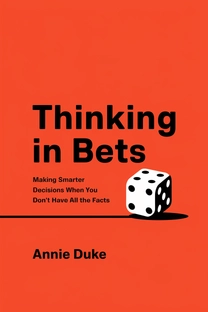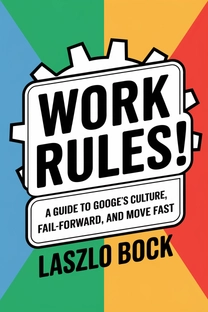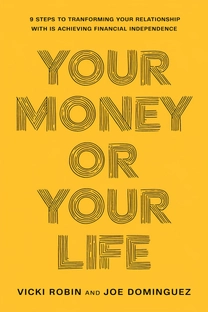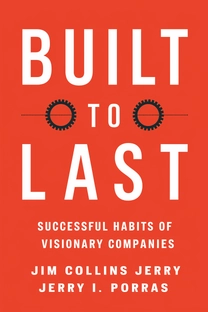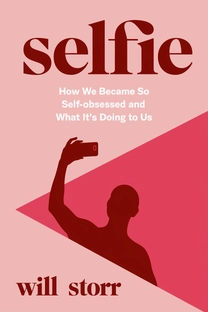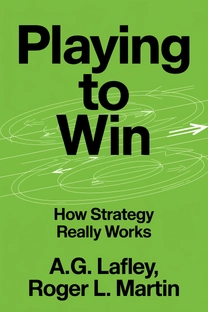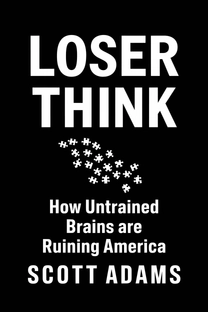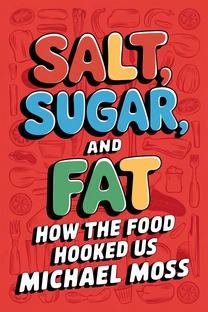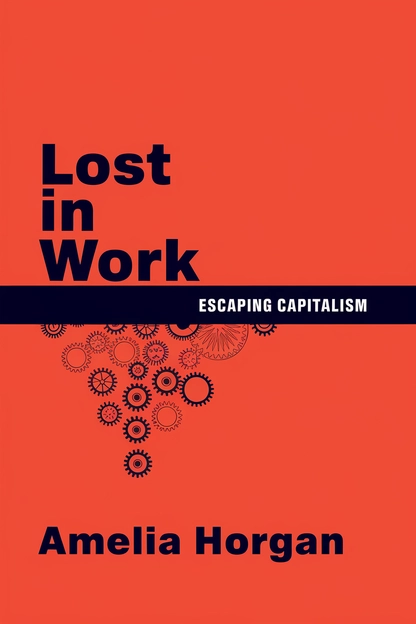
Lost in Work
Escaping Capitalism
by Amelia Horgan
Brief overview
This book explores why work under capitalism often feels suffocating and precarious, how employers exert control over our time, and why we still cling to the promise of career success. Readers will discover key social, economic, and psychological factors that shape modern work experiences and learn new ways to imagine a world beyond exhausting labor.
Introduction
What if the cheerful promise of “find a job you love” is just a dream for many? This opening section takes aim at the myth that work, under capitalism, is automatically fulfilling. It reveals how systemic pressures—like the need to pay rent or feed a family—force many of us into jobs we might not choose otherwise. We often assume progress has eliminated truly terrible working conditions. Yet many still endure exhaustion at the office, health hazards at factories, or insecure gig work on zero-hour contracts. Here, we confront this gap between the fantasy of meaningful work and the real drudgery many face.
Beneath these issues lies an important question: if we must work to survive, can we ever negotiate better terms? The introduction sets up this tension—why do we accept systems that prize productivity over well-being, and is there really no alternative?
In the chapters ahead, we’ll see how struggles over workplace autonomy, social expectations, and our own hopes to “make it big” keep us locked in an endless race. At the same time, there are glimmers of possibility for changing course, offering us hope as we move forward.
The Compulsion to Work
Many of us sense we’re not exactly free to choose our jobs. Housing costs, debts, or the stigma of unemployment mean we scramble for whatever we can find. This section calls attention to how big this compulsion really is: one missed paycheck can send families reeling.
Despite modern labor laws and office perks, the fear of losing a job continues to anchor managerial power. In an era when benefits are cut and rent is high, your boss’s instructions carry profound weight. Even seemingly voluntary participation—like working extra hours—stems from these pressures.
Furthermore, the compulsion to work isn’t merely financial. Social messages around “work ethic” imply laziness if you’re not fully embracing your job. Individuals unlucky enough to be unemployed often face moral condemnation, and the welfare system can amplify the shame.
What is Lost in Work about?
Amelia Horgan's "Lost in Work: Escaping Capitalism" is a profound exploration of the intricacies and challenges that modern work presents in a capitalist society. This thought-provoking book examines how the promise of career fulfillment often masks the reality of a life dominated by labor, offering a significant critique of labor systems that prioritize profit over wellbeing. Exploring themes like burnout, work precarity, societal inequalities, and capitalism's foundational structures, Horgan unpacks why our jobs frequently feel more constraining than liberating, calling into question the very essence of labor in contemporary economies.
The book brings to light how capitalism governs not just our economic systems but seeps into our psychological space, shaping perceptions of productivity and self-worth. Through a blend of compelling data, personal stories, and sharp introspection, "Lost in Work" urges readers to reconsider their relationship with work. By providing practical insights on solidarity, the intersections of gender and class in defining roles, and possibilities for social reform, Horgan inspires a vision of a world where labor is intrinsically aligned with dignity and purpose.
"Lost in Work" is more than an analysis; it is a clarion call for reimagining society's approach to economic structures. Horgan successfully marries scholarly critique with accessible writing, making this essential reading for anyone seeking to understand and challenge the status quo.
Review of Lost in Work
Amelia Horgan crafts "Lost in Work: Escaping Capitalism" with a careful blend of critical theory and approachable prose, making complex economic and social frameworks accessible to a broad audience. One of the book's standout elements is its ability to demystify the systemic pressures that bind us to our work, turning a spotlight on the pervasive nature of capitalism in our daily lives. Horgan's analysis is packed with relatable examples and lends an articulate voice to the struggles that many face but find hard to articulate.
The book excels in mapping the landscape of contemporary labor, showcasing the structural imbalances in our society, such as gender disparities and undervaluation of essential roles. Additionally, Horgan threads the narrative with practical takeaways, empowering readers to think about collective action and redefine productivity beyond conventional norms. The engaging writing style ensures the content remains accessible, yet profound, without overwhelming the reader with academic jargon.
"Lost in Work" will strike a chord with individuals resonating with its message or those feeling the weight of work as a dominating life force. This insightful examination of work under capitalism is an invaluable addition for activists, policymakers, and anyone searching for strategies to reclaim agency and balance in their professional lives. Readers will find themselves questioning not just their role within their job, but the broader implications of work structures in society. A highly recommended read for scholars, practitioners, and general readers alike.
Who should read Lost in Work?
- Social justice advocates interested in economic reform, as the book provides in-depth discussions on systemic work inequities and practical ideas for societal change.
- Members of trade unions and labor rights activists will benefit from the insights on collective bargaining and workplace advocacy outlined in Horgan's analysis.
- Academics and students studying labor economics or social theory can engage with the book's thorough critique of capitalist labor paradigms.
- Professionals across various industries will find the exploration of burnout and work-life balance relevant to their personal and collective experiences.
- Readers interested in feminist theory, as the book delves into gender dynamics within the workplace and homes, providing a holistic view of labor's hidden dimensions.
About the author
Book summaries like Lost in Work
Why readers love Mindleap
10-Minute Book Insights
Get the core ideas from the world's best books in just 10 minutes of reading or listening.
Curated For You
Discover your next favorite book with personalized recommendations based on your interests.
AI Book ExpertNew
Chat with our AI to help find the best book for you and your goals.
Reviews of MindLeap
Love how I can get the key ideas from books in just 15 minutes! Perfect for my busy schedule and helps me decide which books to read in full.
Alex R.
The summaries are incredibly well-written and the audio feature is perfect for my commute. Such a time-saver!
Jessica M.
Great app for personal growth. The insights are clear and actionable, and I love how they capture the essence of each book.
Chris P.
The app is beautifully designed and the summaries are top-notch. Definitely worth every penny!
Sarah K.


